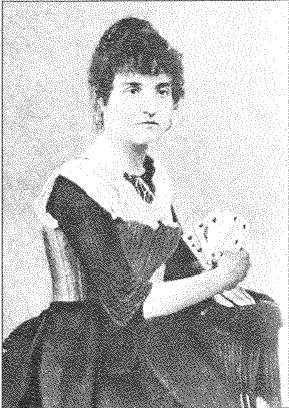This morning, stemming from Laura Patsouris’ recent post, I had an interesting, brief exchange with Jonathan Korman on romanticism in Paganism. I stated that romanticism and the fanciful were necessary for religion to be religion, and that they had a greater power and energy on their own than when grounded in reality. Jonathan’s response was “Aye. But it’s good to be aware of when we’re being romantic.”

On reading his response my first thought was of Socrates stating that “the unexamined life is not worth living.” Balance is something that my teachers emphasize, and something I really struggle to incorporate into my life. I like to think I balance the romantic and the factual in my life. I will admit that I allow myself to float away on modern myth and romanticism on occasion because I find value there, but I also hope I am always aware I am doing so. I certainly endeavor to make it clear when writing about Pagan romanticism that that is what I’m doing, not that it prevents debunkers and alarmists from sounding off in the comments.
Romanticism is what gave birth to the Modern Pagan movement, whether you’re a Reclaiming Witch or trying to reconstruct what your great-grandparents did and expand it. We have to believe that what came before is a little better than what we now have, and that it has restorative value. That’s why we embrace the label Pagan, because it hearkens back to the heyday of polytheism and tribalism, which was likely not as wonderful as we imagine it to be.
Yet if we don’t recognize our romanticism for what it is, then we become hypocrites and endanger the very movement we love. We cannot criticize other religions for indulging in the romanticism of their mythology while not recognizing when we engage in romanticism. When we don’t engage in romanticism honestly, we set a precedent for fundamentalism and absurdity in generations to come.
Mythology and romantic nostalgia are useful tools. They inspire us. While I honestly don’t believe my religion as it stands today existed before the 20th century, I find great value in the legends of a Wicca-esque Witchcraft surviving through the centuries. It’s important to separate the tool from the truth. There is nothing in our religion of worth that will shrivel away under scrutiny.
Our goal is self-knowledge, and there is a valuable lesson to be learned in being able to say, “I say this because I wish it were so, not because it truly is so.” Knowing yourself, knowing the meaning behind the things you believe and having the discernment to know where the divide between reality and fancy lay, that is the work we are engaged in. An unexamined life may not be worth living, but an unexamined religion is not worth practicing.















